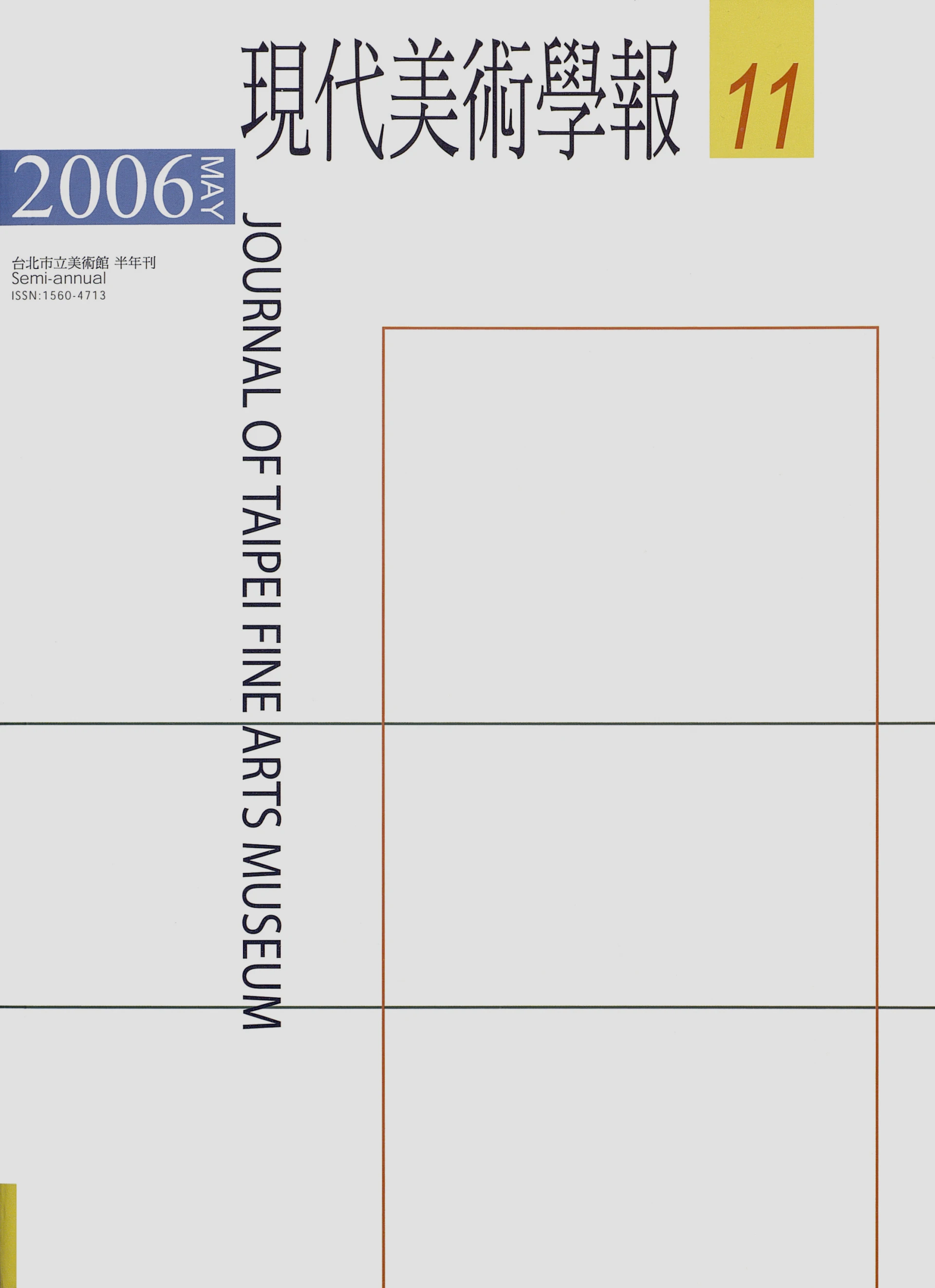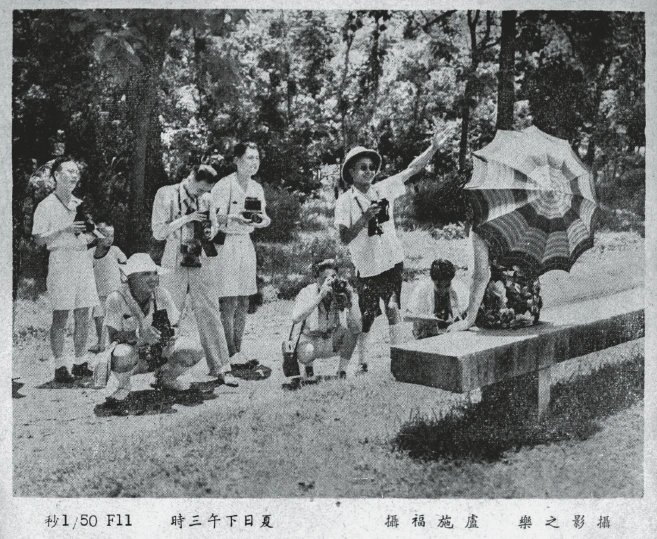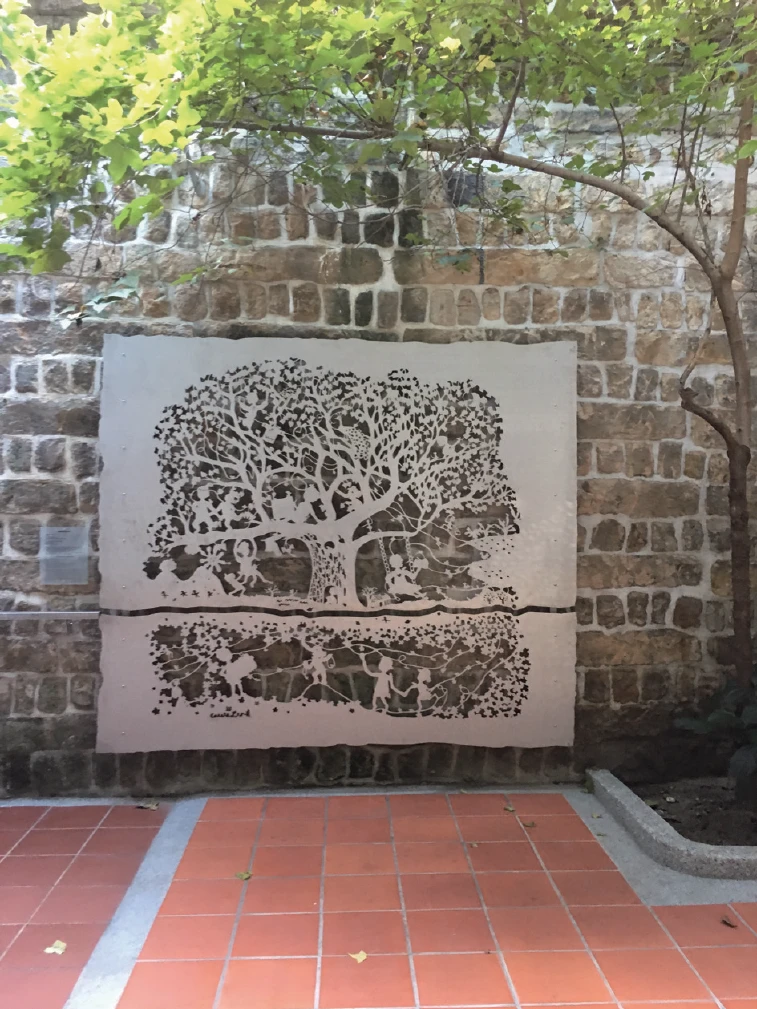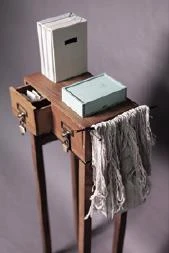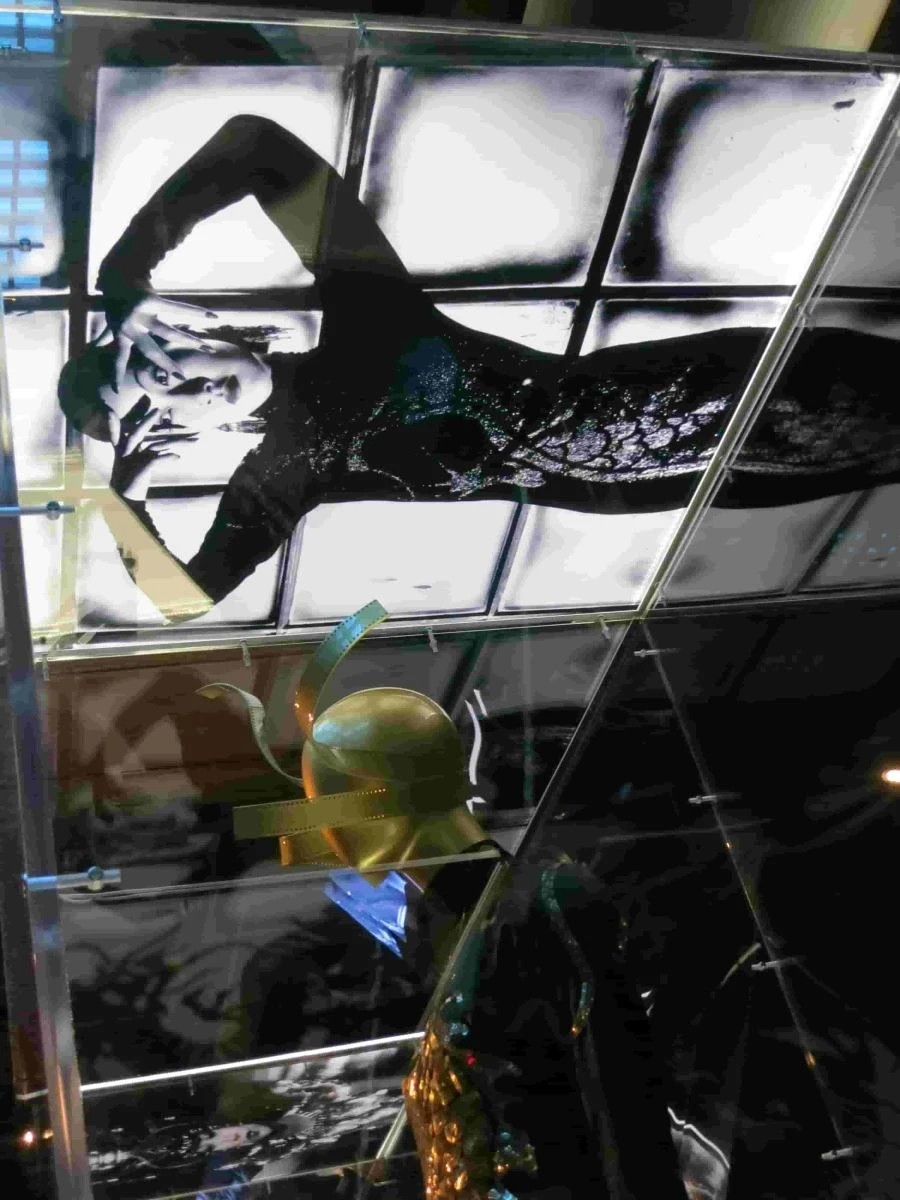摘要
詹姆斯.恩索爾(1860 - 1949)是十九世紀末的比利時藝術家。本研究以圖像分析恩索爾透過自我形塑所要表達的意涵與目的。恩索爾自一八八五年起以聖經典故作為創作的題材,在部分作品中明顯地自喻為受難的基督,以影射他在比利時藝壇的處境。在《一八八九年基督進入布魯塞爾》和《一八九八年基督進入布魯塞爾》中,從畫名的變化及其著作推論,我們有理由相信畫中恩索爾自喻為基督,其中更隱含了他對社會運動的支持及反新印象派的藝術主張。恩索爾不僅自喻為比利時藝壇的基督,也在《危險的廚師》中,化身為「煙燻鯡魚」,闡述過去他與二十畫會其他藝術家和創辦人之間的關係。本研究發現此作中有三位危險廚師,不同於大部分歐美學者兩位危險廚師的研究結果。
關鍵詞
恩索爾、自畫像、二十畫會、一八八九基督進入布魯塞爾、一八九八年基督進入布魯塞爾、危險廚師
Abstract
This research analyzes in terms of iconography to reveal the purpose of his self-imaging. In Ensor's works with subjects taken from the Holy Bible, he used the suffering of Christ as a metaphor of innuendo for his situation in the Belgian art world. From L’Entrée du Christ à Bruxelles en 1889 and L’Entrée du Christ à Bruxelles en 1898, he specifically changed these titles and, with relevant hints in his writing, further verifies my inference that Ensor was depicting himself as Christ. These works also implied that Ensor supported social movements and opposed the Neoimpressionists. Ensor not only described his predicament with the Belgian art world as a metaphor with Christ, but also created Les Cuisiniers Dangereux (The Dangerous Cooks). In it, he is embodied as a "smoked herring," the meticulous composition and meaningful role revealing the relation among Ensor and other artists and the founder of Les XX in the Belgian art world. While many scholars argue that there are two "dangerous cooks" in this work, my research suggests that there is yet another "dangerous cook" hiding in this work.
Keywords
Ensor, self-imaging, Les XX, L' Entrée du Christ à Bruxelles en 1889, L' Entrée du Christ à Bruxelles en 1898, Les Cuisiniers Dangereux

